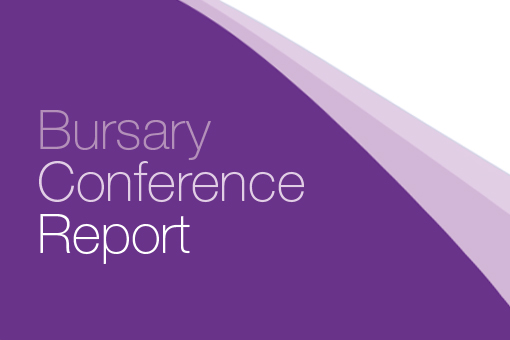ACC World Congress 2018 - By Dr. S Rodgers

Bursary recipient, Dr. S. Rodgers reports from Orlando on The American College of Cardiology, World Congress of Cardiology,10-12 March 2018.
I would like to thank the British Cardiovascular Society for supporting my delegation and presentation at the American College of Cardiology 67th Annual Scientific Sessions in Orlando, Florida.
This was my first opportunity to attend this world leading conference and I was not disappointed. The scale of the sessions and expo bordered on daunting but after some orientation provided a fantastic breadth of cutting edge learning opportunities.
The key opening remarks from the society president Dr Mary Walsh set the tone with a touching, person centred plenary concerning our important role as advocates. The Simon Dack keynote lecture, given by Dr Nanette Wenger then recounted a modern history of cardiovascular disease in women and illustrated the important and sustained under-representation of women in clinical trials.
As expected, important and undoubtedly practice changing trials were reported at ACC 18. Of note the Odyssey group concluded that adding the PCSK9 inhibitor Alirocumab to statin therapy to optimise lipid profile following an acute coronary syndrome significantly reduced MACE when compared to statin therapy alone. This new indication for PCSK9 inhibition adds weight to the growing evidence that will likely see these agents become more common place in the near future.
My oral abstract “Falling Mortality and Cardiovascular Mortality in Adult Congenital Heart Disease – A Population Study of Over 5 Million People” was well received and stimulated lively discussion among a knowledgeable and truly international audience. Our finding of the association between socioeconomic deprivation and risk of mortality in adults with congenital heart disease stimulated particular interest and I’m confident that others will be influenced to examine their populations and expand on our work and the congenital heart disease community will benefit as a result.
The closing keynote, Eugene Braunwald lecture was given by Glasgow’s Professor John McMurray and was a fitting end to a stimulating and highly enjoyable conference. His account of the important and increasingly recognised interplay of glycaemic control and heart failure was inspirational.
Once again I would like to extend my warmest thanks to the British Cardiovascular Society for making my attendance at this conference possible.
Information on how BCS members can apply for support to attend conferences can be found on the Travel Bursaries page
Community Events Calendar


